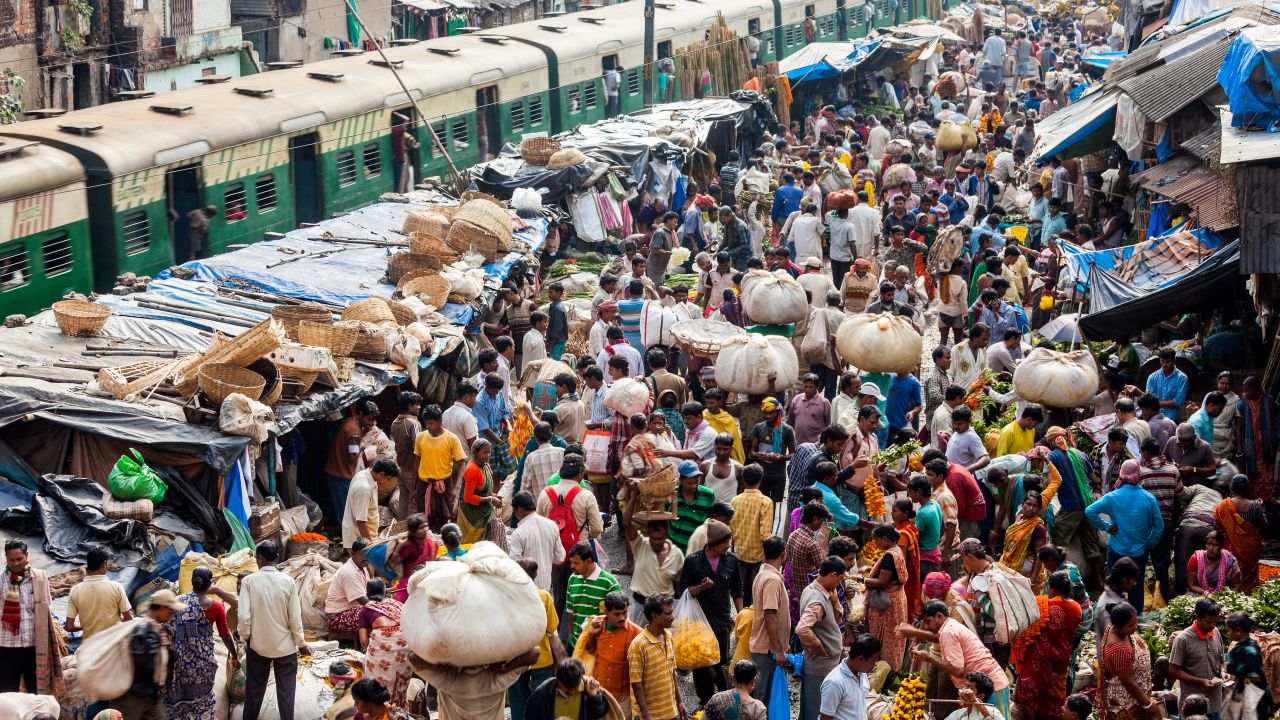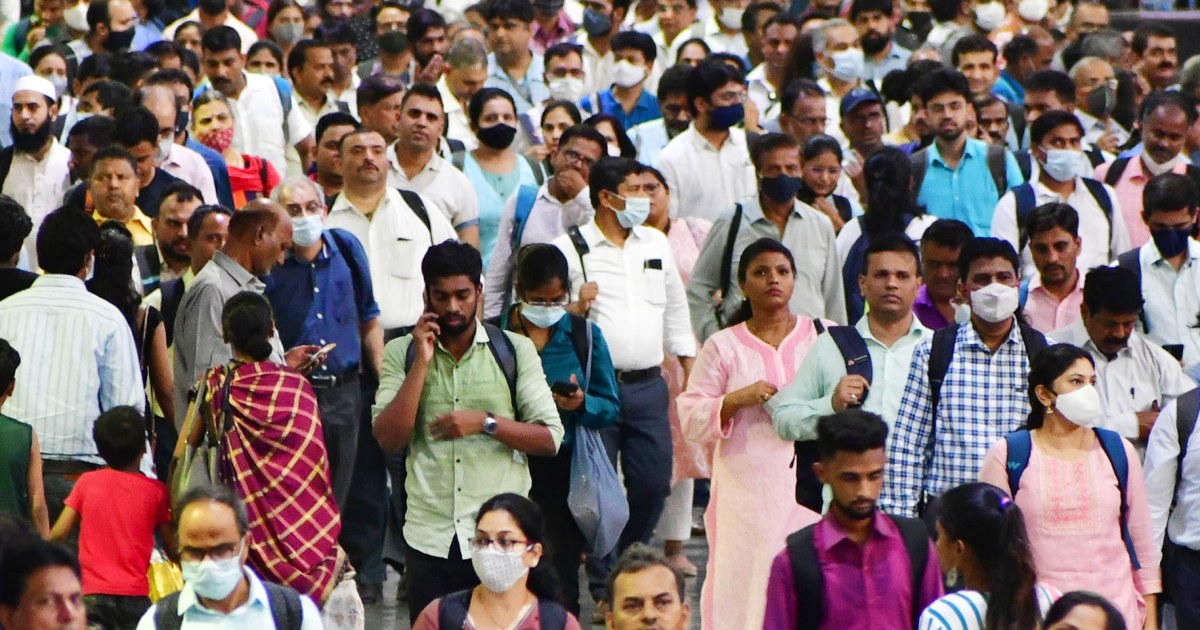The Facts
According to UN estimates, the global population reached 8B on Tuesday — a "milestone in human development" before birth rates are predicted to slow. It means 1B people have been added to the world's population in only 12 years.
Despite the new high, the report noted that population growth is at its slowest pace since 1950 and fell under 1% in 2020. According to the UN, the global population could reach 8.5B in 2030 and 9.7B in 2050 before peaking at 10.4B during the 2080s and remaining at that level until 2100.
The Spin
Narrative A
The issue of concern in this report is the slowing pace of growth that, if left unchecked, will snowball into a population collapse disaster. Despite popular rhetoric, overpopulation isn't the threat; stagnating birth rates — which don't just represent a crisis for a specific country but are an existential threat to the entire planet — are.
Narrative B
There's a lack of consensus that stagnated birth rates pose an existential threat to the planet. There are now 8B people and counting on the earth, and there likely won't be a population collapse any time soon. Besides, slowing population growth would actually bring a myriad of economic and environmental benefits in a world struggling with the threat of climate change.



